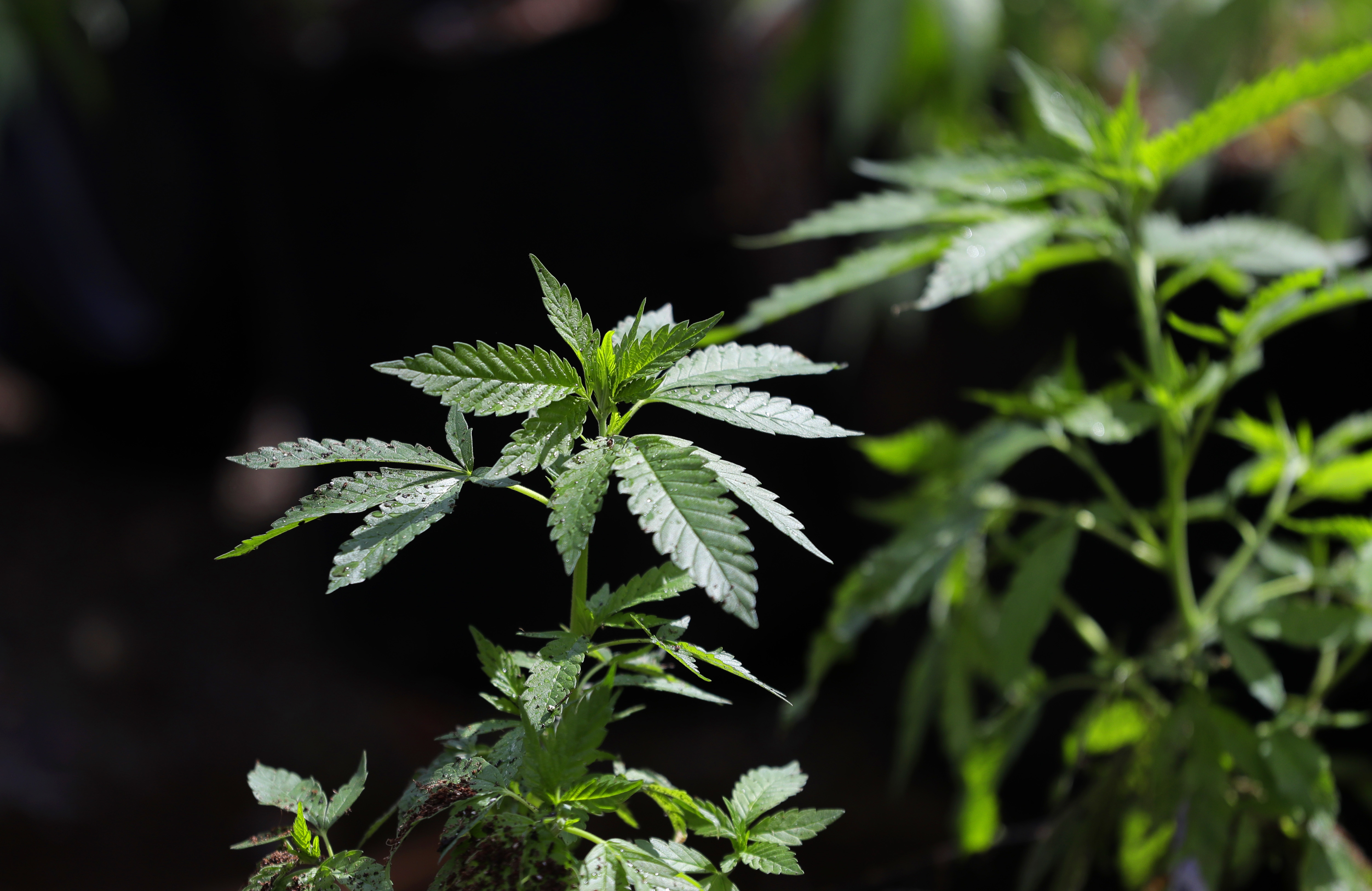Another day, another record high of COVID-19 cases. The United States has the highest number of coronavirus cases and deaths in the world, and the spread is getting worse.
"Well, the upper Midwest is getting hit extremely hard. North Dakota and South Dakota have some of the highest rates of coronavirus right now in the world. Montana getting hit very hard. Wisconsin, huge increases in Michigan,” Dr. Josh Sharfstein, vice dean for public health practice at Johns Hopkins University, said.
At least seven states have dialed up their restrictions, setting curfews or lowering capacity of certain businesses like bars and restaurants. The strain is already being felt in hospitals across the country. In every region, from Utah to Minnesota, Colorado to Kentucky, hospital beds and health care workers are running low.
“There are very few hospital beds for patients left in some parts of the country where they are actually having to build new emergency hospitals or airlift patients to other parts of the country. That's a sign that the health care system is buckling,” Sharfstein said.
There are several reasons for this spike — including the fact that there’s more than one way to get COVID. Experts say small household gatherings and college gatherings this fall have contributed, as well as people going out more in public spaces like restaurants, bars and gyms.
There’s also something being called COVID fatigue, where some are just over dealing with the pandemic, so precautions like mask-wearing have become less of a priority. Weather is a big part too: It’s cooling off and we’re indoors more, where the virus spreads much easier than outside.
“People may have become a little complacent wearing their masks, maintaining social distancing," Dr. Michael White, chief medical officer at Valleywise Health, said.
As far as how the surge could go, the latest CDC models predict an additional 4,600 to 11,000 new COVID deaths by Nov. 28. That could bring the total COVID death count in the U.S. to more than 250,000. Doctors are pleading with the public and their patients to be safe.
"I tell them that, look, it's not over yet. Hang in there, keep the precautions in place, keep wearing your masks, because it ain't over yet. Even if you've had COVID," Dr. Anthony Harris, medical director at WorkCare, said.
The NIH says more than 130,000 COVID-19 deaths could be prevented this winter if everyone wore a mask.











